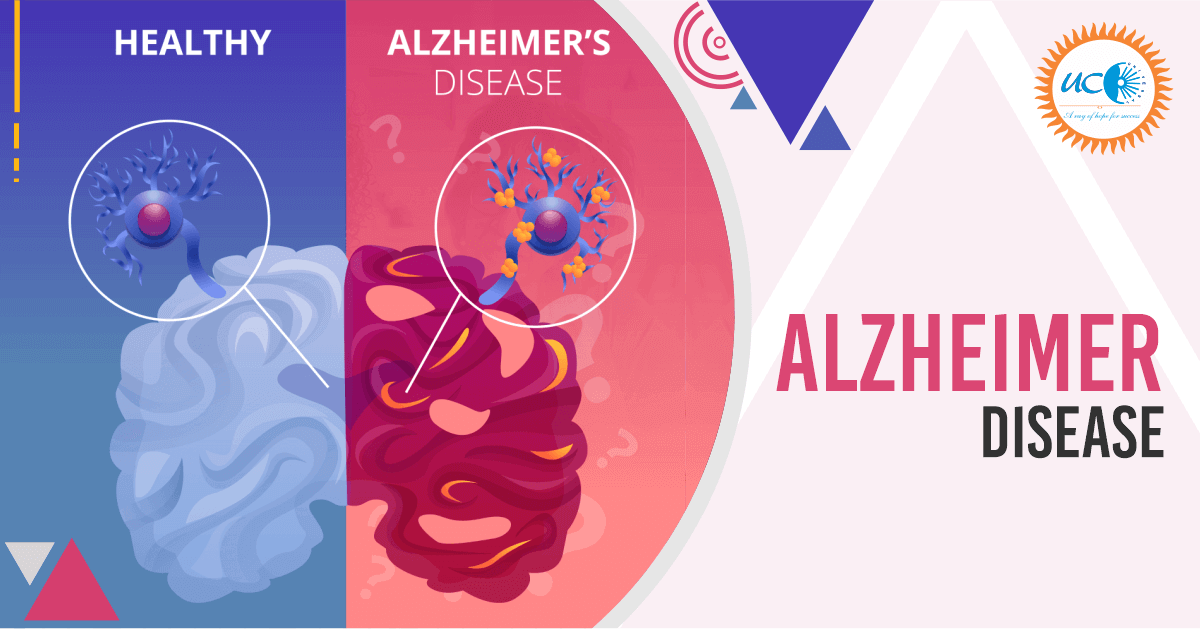UPSC Essentials: Alzheimer Disease
Why in News?
Researchers have discovered a drug named Lecanemab that reduces cognitive decline in patients with early Alzheimer’s, making it one of the first neuroprotective treatments for the disease.
What is the Significance of the Findings?
- There are a few pills that improve memory in early stages but they do not help in the other facets of Alzheimer’s. There is certainly a need for such neuro-protective drugs for dementia and there are several drugs in the pipeline.
- The increasing lifespan and very high burden of diseases, such as diabetes, hypertension, and obesity, are expected to “dramatically” increase the prevalence of dementia in India.
- Dementia is an umbrella term for a group of disorders that lead to impaired memory, decision-making and social skills.
- The Dementia in India report 2020 estimates that there are 5.3 million people over the age of 60 years living with dementia in India, with the prevalence projected to increase to 14 million by 2050.
What is Alzheimer’s Disease?
- About:
- It is a neurological disorder which causes brain cells to degenerate and die. This leads to loss of memory, problems with words in speaking or writing, poor judgment, changes in mood and personality, confusion with time or place, etc.
- At the first stage, these symptoms are mild but they become more severe with time.
- Alzheimer’s is the most common cause of dementia among older adults.
- Alzheimer’s disease is thought to be caused by the abnormal build-up of proteins in and around brain cells. One of the proteins involved is called amyloid, deposits of which form plaques around brain cells and the other protein is called tau.
- Tau is a protein that when it occurs in tangled formations in the brain of Alzheimer patients, disrupts the ability of neurons to communicate with one another in the brain.
- Alzheimer’s is an incurable disease, as the death of brain cells cannot be reversed.
- Women have a higher risk of having Alzheimer’s disease than men.
- It is a neurological disorder which causes brain cells to degenerate and die. This leads to loss of memory, problems with words in speaking or writing, poor judgment, changes in mood and personality, confusion with time or place, etc.
- Treatment:
- There is currently no known cure for Alzheimer’s disease. Treatment addresses several areas:
- Helping people maintain brain health.
- Managing behavioural symptoms.
- Slowing or delaying symptoms of the disease.
- There is currently no known cure for Alzheimer’s disease. Treatment addresses several areas:
Source: IE






